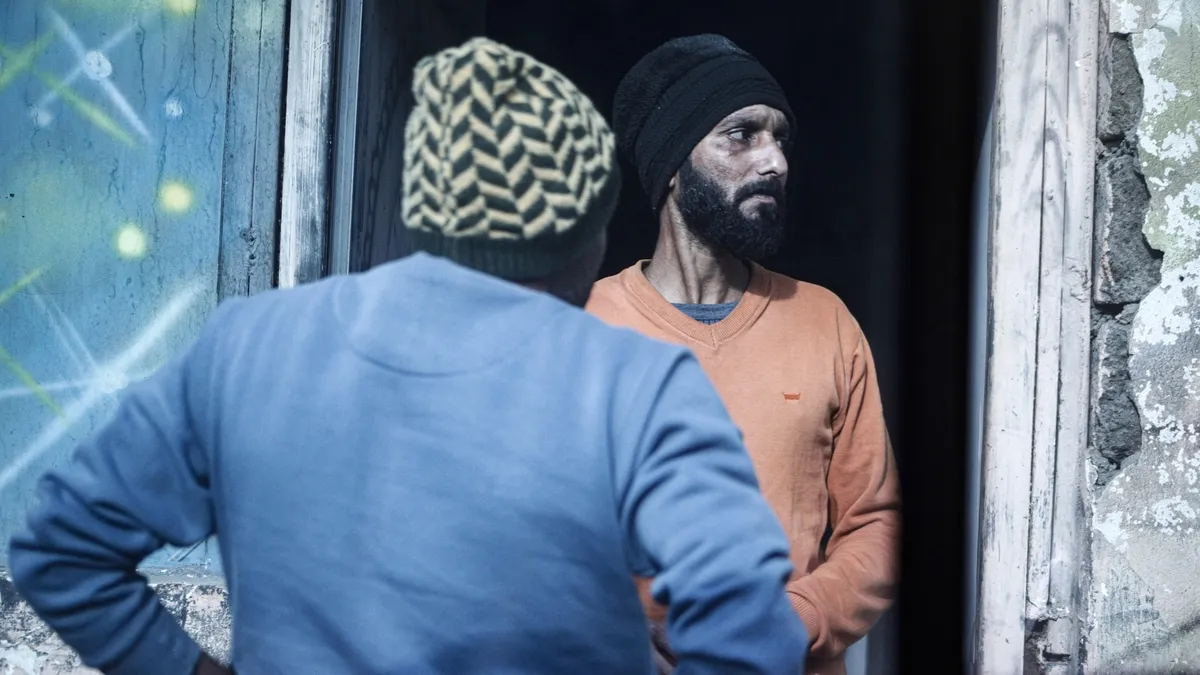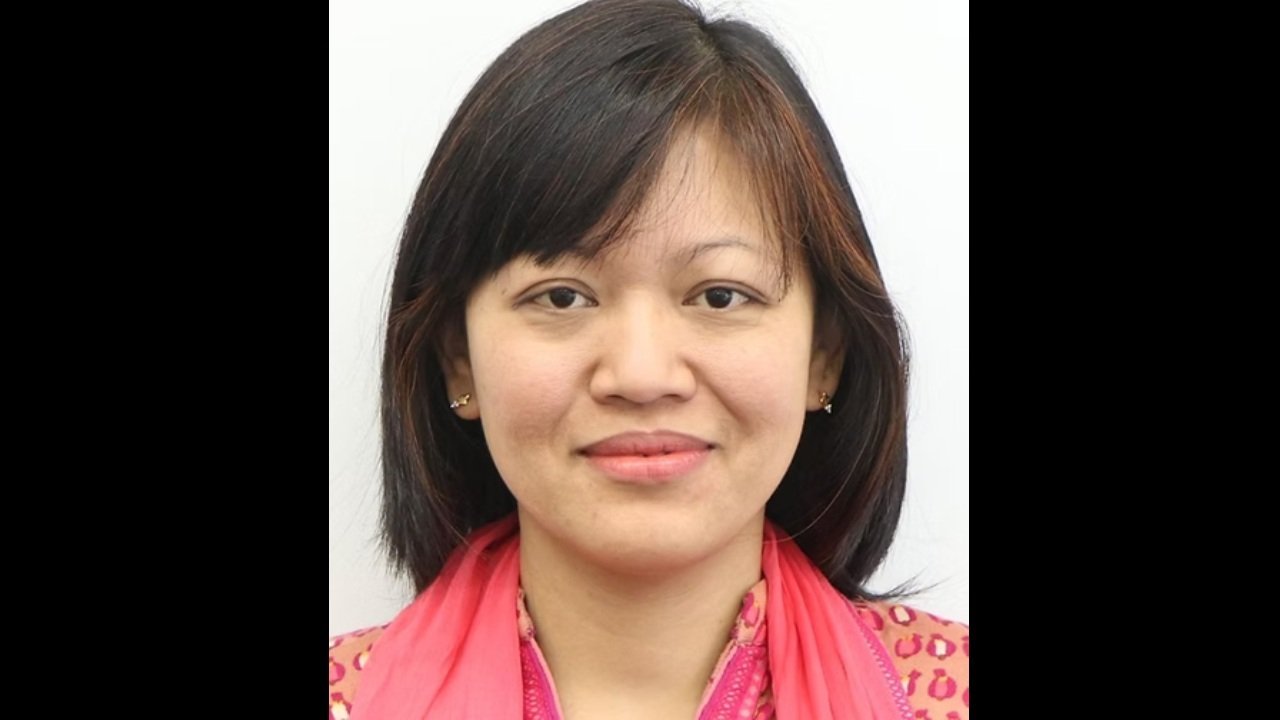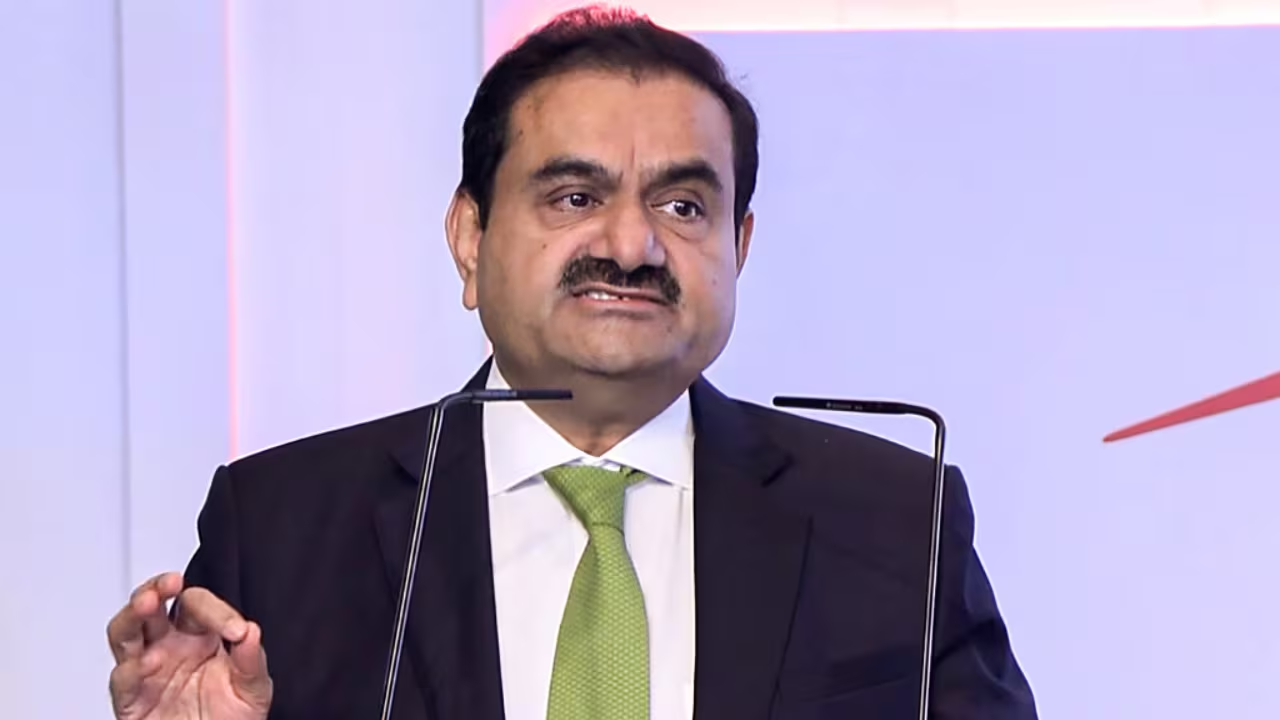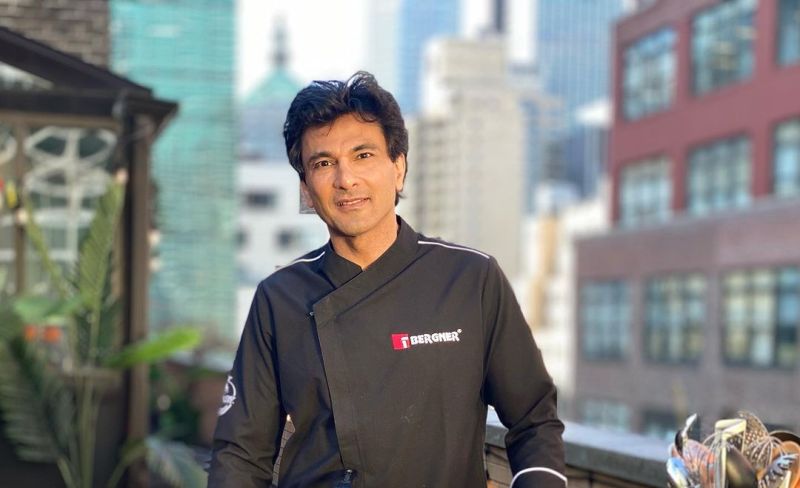There was no agreement except for a WhatsApp chat, but Kumar decided to go. His new home for the next six months was the Cherry Hotel, located some thirty minutes from downtown Yerevan, the Armenian capital.
Yeravan: When Ishan Kumar came to Armenia from southern India early last year, he thought he was headed for a better life.
Kumar, who spoke with DW using a pseudonym, said a friend living abroad had given him to the idea to move abroad·
“He said I’d earn a lot of money there, about $1,000 dollars per month. He said it’s a European country.”
The friend organised the trip through an agent in Armenia, and paid more than 650,000 Armenian drams (€1,500/$1,600) for an e-visa, the flight and the provision of a job at a delivery company.
There was no agreement except for a WhatsApp chat, but Kumar decided to go. His new home for the next six months was the Cherry Hotel, located some thirty minutes from downtown Yerevan, the Armenian capital.
The hotel provided lodging for many Indian workers in Yerevan, who slept in cramped rooms, Kumar said.
Kumar soon started working for the delivery service. But the job conditions were not what he had expected.
“They said for one order we would receive 1,900 drams at peak times and 1,400 drams at other times of the day. But when I came here, I realised that it is all a scam. They only gave us 1,300 and 900 drams.”
But Kumar said he worked hard from morning until midnight. In the end, his first salary was close to what he had expected, the equivalent of around $940.
However, he claims he could only save a small part of that money. He had to pay for room and board in a cramped space shared with ten people. He also had to pay to rent the scooter used for the delivery service.
Kumar said he wasn’t informed about these costs before he left for Armenia. “After I paid all that, I had only 50,000 drams ($120) to send home.”
Indians are the second largest group of foreign citizens in Armenia after Russians. According to Armenia’s economy ministry, 20,000 to 30,000 Indians currently live in the country.
Some 2,600 of them are students — Indians have been coming to Armenia to get higher education since Soviet times.
In 2017, the Armenian government decided to change the law to make it easier for Indian citizens to get an entry visa. Since then, their number has increased. Last year, 3,200 Indians were granted a work visa, compared to 530 the year before and 55 in 2021.
However, many workers told DW that like Kumar, they were promised a high salary and were convinced into paying large sums to agents to move to Armenia. Some said they spent even more money than Kumar — up to $3,500.
Others claimed they weren’t provided with any work after arrival, or didn’t receive the salary they were promised. At the same time, they had to pay high prices for bunk beds in crowded rooms.
Most workers come from India’s southern Kerala region. They started migrating in large numbers in the 1970s, said S. Irudaya Rajan, head of the International Institute of Migration and Development in Kerala.
“The main factors then were poverty and unemployment,” he told. Today, they are mostly “aspirational migrants” from the middle class who strive for a higher standard of living elsewhere.
Rajan said there are many job agencies in Kerala. “Migration is hope. The recruitment agencies are selling people dreams,” he said, adding that the industry is rife with fraud and that migrants are abused and endure bad living conditions in many host countries.
Kumar’s experience soon went from bad to worse after he had a scooter accident on the icy streets of Yerevan. After the accident, he wanted to change jobs, but was unemployed for several months. He couldn’t afford the rent at the Cherry Hotel, so he had to go into debt with his agents.
Later, several jobs were arranged for Kumar, but they were all short-term. His agents charged him a commission and withheld his wages to pay room and board.
He wanted to leave the Cherry Hotel, but being in a foreign country, he didn’t know where to go. “That is why all of us are staying there like this,” he said.
Some of his companions eventually found work on their own and Kumar wanted to follow suit. But Kumar said the agents were holding his passport. He claimed he had to lie to get it back.
“I said I want to go to India, I want to get a ticket, give me the passport.” Kumar said he doubts the agents would have returned the passport otherwise.Several other Indian men who stayed at Cherry told DW their passports were taken.
One worker said he complained to the Indian embassy in Yerevan. DW contacted the embassy. While Consul Aditya Pandey was open for a background talk, the embassy didn’t respond to DW’s request for a statement on the allegations.
Kumar’s agent, Raihan Sainelabudeen, was once an “aspiration migrant” from Kerala who came to Armenia to study medicine. Sainelabudeen’s current business partner is Anna Petakchyan, and a company called ‘Find Your Progress LLC’ is registered under Petakchyan’s name at the Cherry Hotel address.
The company operates an additional office in Kollam, Kerala. The company’s ads claim they provide “amazing salary and benefits” and a highly attractive “compensation package” that “ensures that employees are rewarded for their hard work and dedication.” However, the Indian workers who used the company said they were exploited and abused.
Yerevan-based labour and migration attorney Ara Ghazaryan told DW that the motivation behind recruitment of workers is crucial to determining malfeasance by recruitment agents.
“If the purpose is not to give a normal and safe employment environment, but to exploit, then it’s already a crime,” he said.
Employing a migrant who doesn’t have immigration status or a work permit is a crime. The same goes for violating labor rights, he added.
Migrant workers, Ghazaryan notes, shouldn’t be paid in cash, they should have a valid employment contract and place of work, normal working hours, annual leave, sick leave, weekends off. “And of course, no ill treatment or threats,” he said.
Withholding passports is one of the initial indicators of trafficking and exploitation, Ghazaryan added.
“By doing thiis, they control the movement and the life of the migrant,” he said.
Generally, only government agencies are allowed to hold on to a person’s passport. “The passport is property. No one can keep it.”
The Armenian Ministry of Labor and Social Affairs told DW they dealt with fourteen cases of Indian labor migrants as possible trafficking victims in 2023.
To date, none of them have been acknowledged as trafficking, but violations of labor relations and fraud were found. In some cases, passports were taken by employers, but not by force, the ministry said. They were given to the employer for processing work permit papers. However, Ghazaryan said that providing the original passport isn’t needed during the permit process. A simple copy is sufficient.
“If they claim otherwise, it’s a lie. It means a crime is ongoing,” he said.
Petakchyan and Sainelabudeen told DW that all workers pay them $1,500 in advance, which covers airfare, job placement and the first month of food and lodging.
Apparently, some of the conditions have changed since Kumar arrived. Petakchyan confirmed that at the time, food and rent were not free, adding that workers were informed about this before their arrival.
Indians are the second largest group of foreign citizens in Armenia after Russians. According to Armenia’s economy ministry, 20,000 to 30,000 Indians currently live in the country. Some 2,600 of them are students — Indians have been coming to Armenia to get higher education since Soviet times.
In addition, all workers sign contracts now, Petakchyan said. However, a document seen by a DW reporter, in a binder full of contracts, lacked the amount of wages and the agent’s signature.
Petakchyan claimed the recruitment agency is working with some of the biggest companies in Armenia including hotels, restaurants and gas stations. They don’t want to register Indian citizens, she said, that’s why ‘Find Your Progress’ hires the workers and provides services.
According to Petakchyan, that is the reason why salaries are not transferred directly to the workers. “We pay them exactly the salary they are receiving,” she insisted.
Petakchyan said forty workers live in stuffy, cramped basement rooms of the hotel. “I don’t say it’s perfect, but it’s the minimal that Indian people need,” she said.
During the conversation, three men said they didn’t receive their wages and accused Sainelabudeen and Petakchyan of holding on to their passports. Sainelabudeen disputed this. “You have some proof?”
Petakchyan confirmed that they take worker’s passports to file residency applications. “After that we return the passport,” she said.
It is hard to say who is telling the truth. In any case, it is clear some of the men were without their passports.
When DW talked to Kumar one month after the first meeting, he was unemployed. The manager of a factory said Kumar had to leave because health problems impacted his performance. Kumar said he had to ask his family in India for money. He hopes he can soon start working as a taxi driver.
Kumar would like to return to India, but that’s not an option for him now. He needs money for the plane ticket. And most importantly, as he had to borrow a large sum to come to Armenia in the first place, he must pay it back. “After all that, I will go to India,” said Kumar. But for now, he is stuck.
***********************************************************************
Readers








